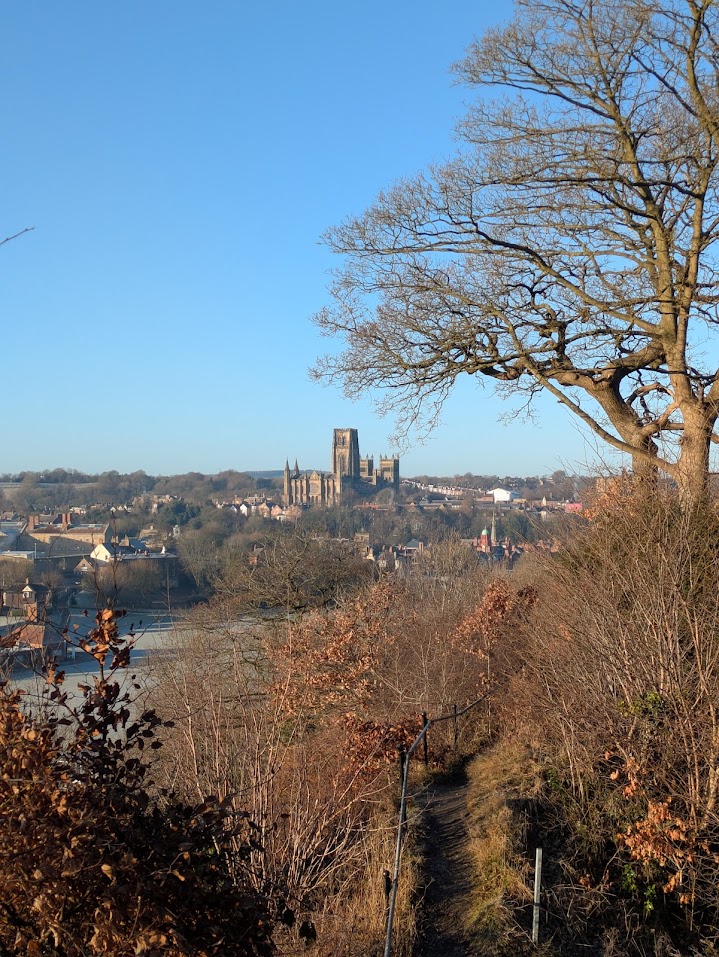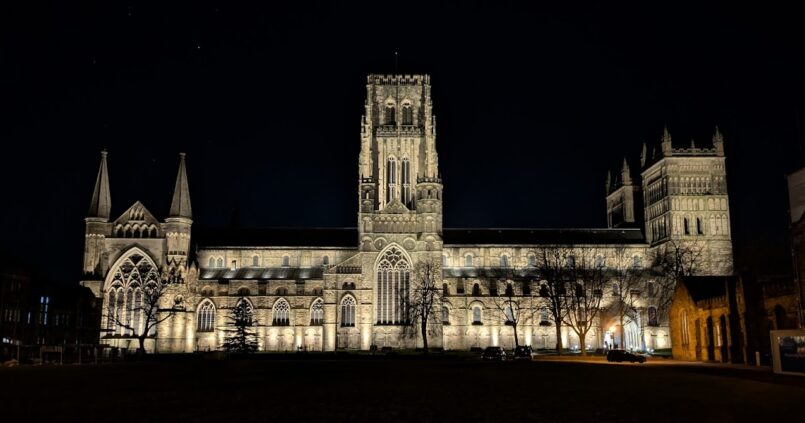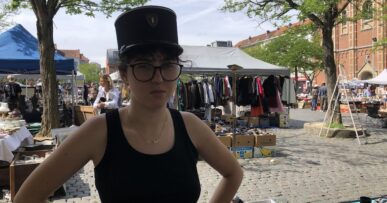Two weeks ago I had the great fortune to travel around Northern England with a friend of mine. He had just returned from his second semester in Cairo, studying Arabic, and I was preparing to depart on my own adventure, a year in Tokyo. So he proposed some joint sightseeing during this short window of opportunity, singling me out specifically, because he knew I hadn’t the mental strength to reject such an offer. Quickly I arranged everything, and only a handful of days later we flew to Manchester.
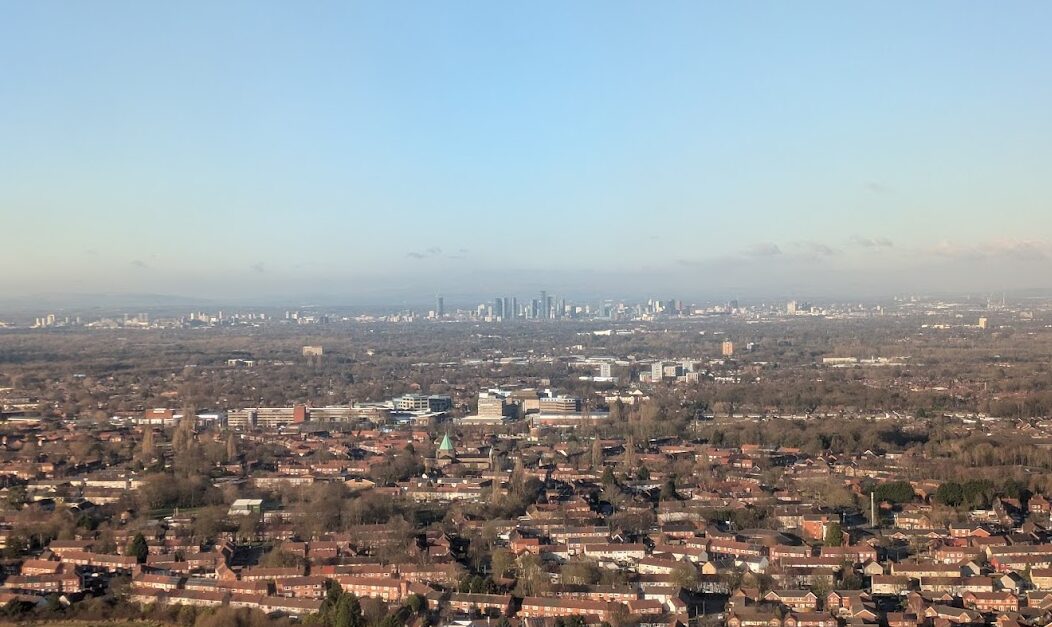
Those of you who know me best will know how thoroughly and sincerely I enjoy mediaeval European architecture, particularly anything Gothic, so the prospect of visiting York, Durham, and Lincoln, all three known for their massive and historic cathedrals, had me practically foaming at the mouth. I could write for hours about their arches and vaults, tracery frames holding stained glass and framed traces of centuries old murals. However, having already lost half of you, and not wishing to lose any more, I shall swiftly change topics, to save both you, the audience, from death through boredom, and my blog, from this dreaded extinction of the audience. (Maybe I can still recruit some of you through my pictures)
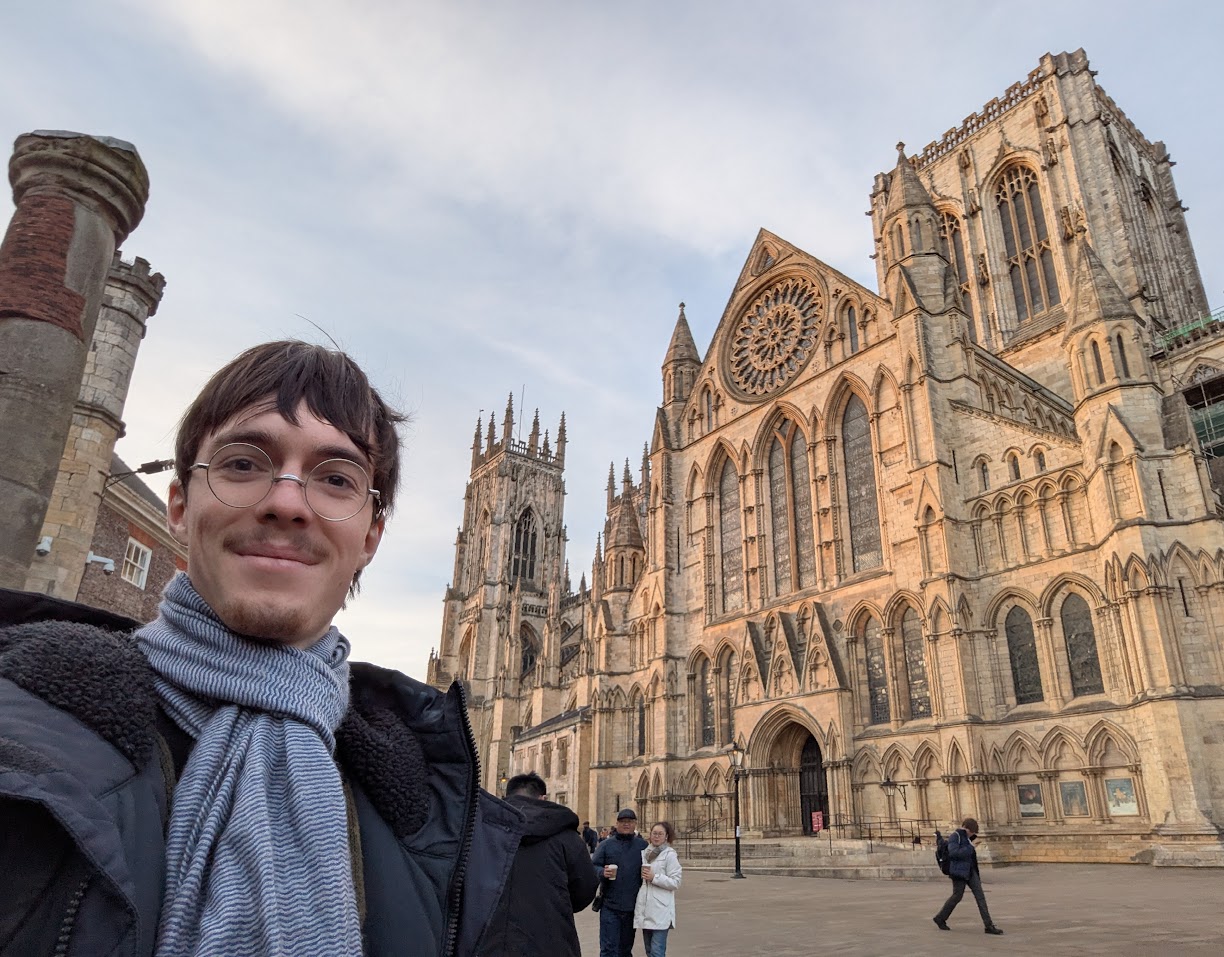
Instead let me describe to you the people of Northern England, as I saw them, or heard them, in the pubs of York, or on top the castle walls of Lincoln, or, as I cannot help myself, from inside the cathedral of Durham.
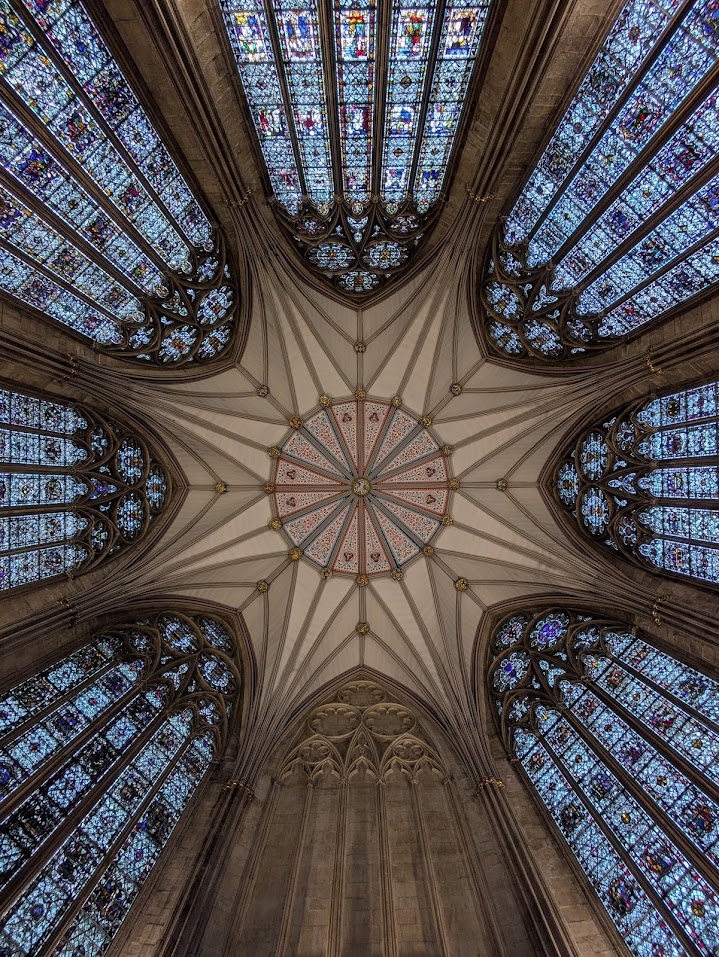
In a more general sense the English truly are an Island people, stoutly detached from the continent, which they sometimes the mainland, and which they did enjoy questioning us about. Particularly, there up North, they dislike London with a passion, full of commerce as they see it, new money, too many people, all of them perceived as arrogant and posh. Descending to the capital is tantamount to treason, or going abroad, hopefully to never return, for forgiveness is not to be expected. An old man at the counter, glass of black stout in hand, likes to reminisce in contrast, thinking of his youth, when visiting London was an event, verily so, and you would dress up, tell your friends, make them turn green with envy! Things have changed, laments the old man.
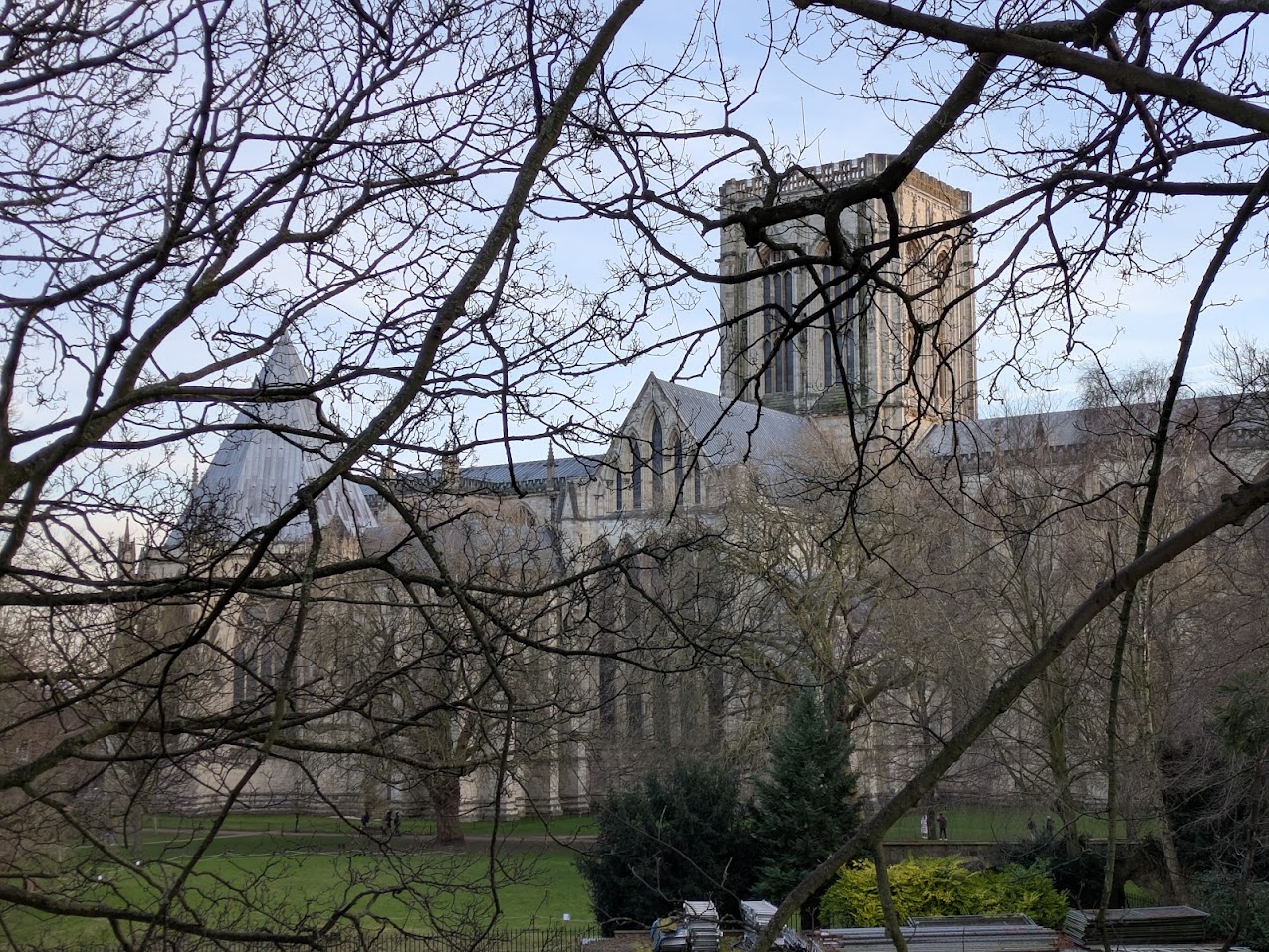
Things have changed, lament the youth, too. Circling the castle walls of Lincoln, grey overhead and drizzle staining my glasses, in an authentic display of English weather, I stumble into a conversation with two medical students, a couple making the best of their day off. After initial pleasantries I mention my exchange to Japan, but they have something more permanent in mind. With mixed sentiment, they tell me that, as soon as their studies have been completed, however long that might still take, they plan to depart for Australia. Not for a semester, or even a year, but forever. Never to return.
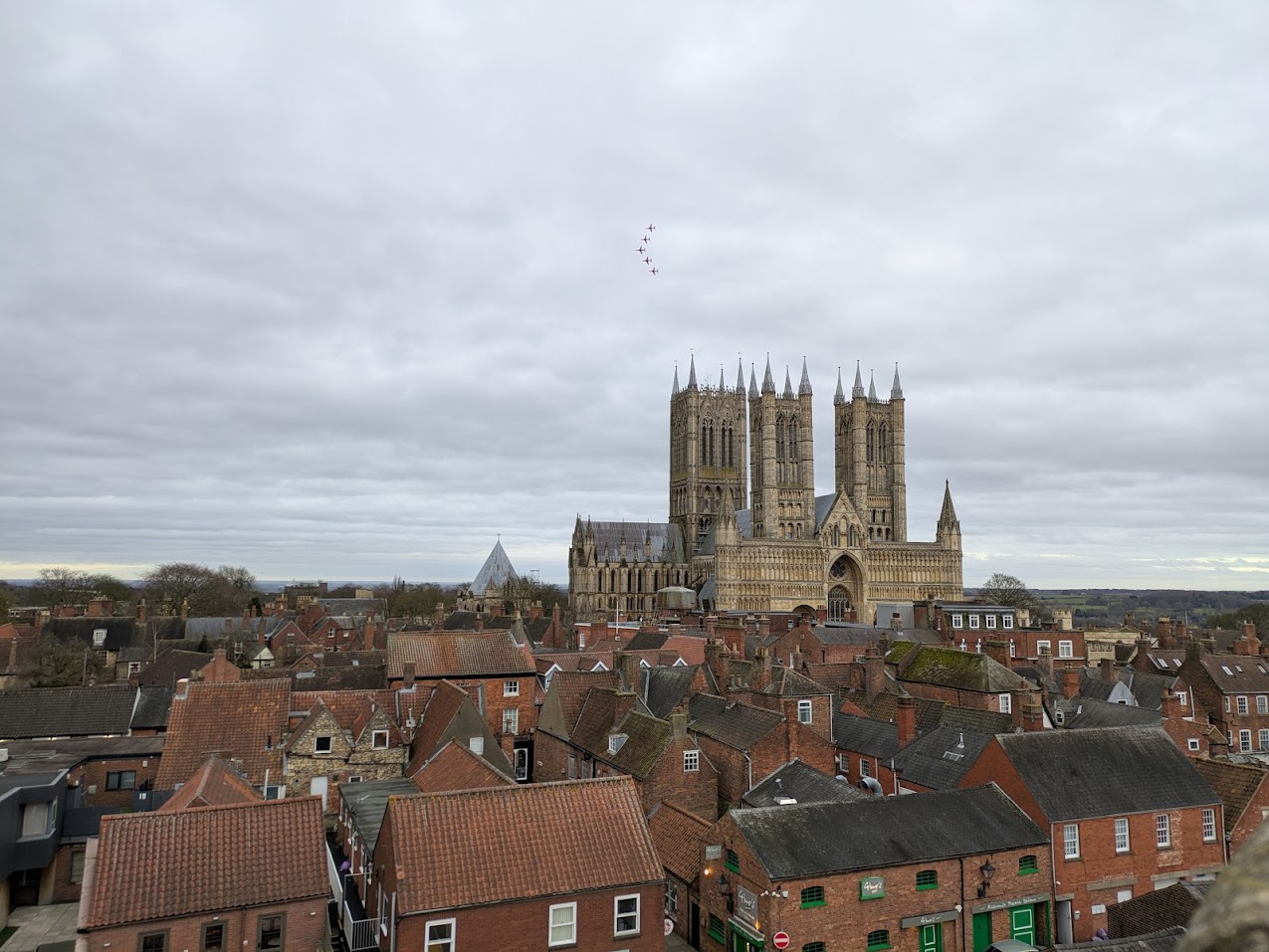
Of course, I encountered lots of positivity too. I discovered these old and massive cathedrals to be extraordinarily well kept, both with respect for the past, to be seen in chapels dedicated to local city people, or fallen soldiers and the flags of their battalions, but also for the present. Because while conducting my own visit, groups of elementary school kids swarmed about the place, all quietly enraptured by their teacher and guide, wearing fluorescent vests and eagerly drawing at the end of the tour. Their creative accomplishments would then get a spot on a wall or pillar amongst those from previous visits, covering one of the chapels, and giving the temple a feeling of communal warmth. And my friend and I also enjoyed the services of one such guide, an elderly man, one of many, who came to volunteer here, and teach visitors from all over the country, and once in a while a set of foreigners like us, about the history of his city, pride and satisfaction written all over his face. The only interruption came from the priest, every hour or two, when he gratefully thanked his guests for their visit and wished all of us to find his church to be a place of peace and introspective reflection.
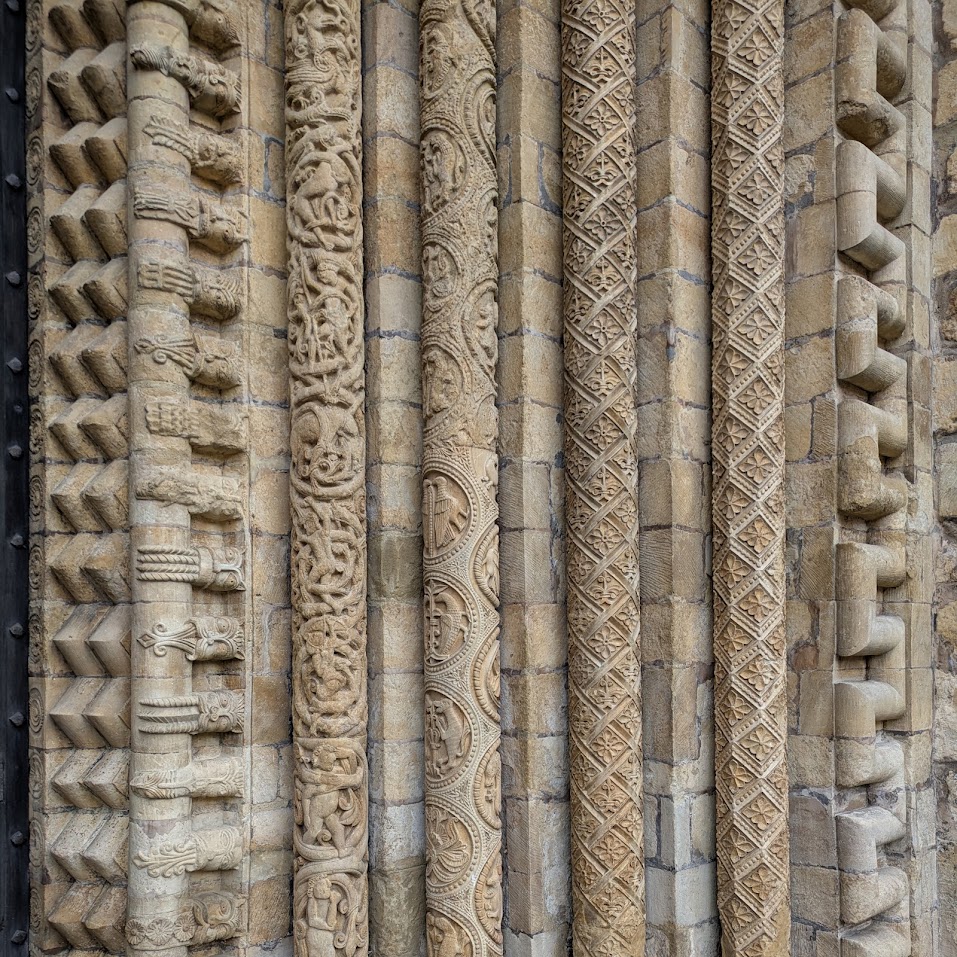
After one of these tours I wandered about Durham Cathedral for hours longer, staying almost half a day, naturally enjoying the architecture, but mostly staying so long because of the wonderful conversations to be had. In every corner of the building, retired people from the city stood prepared to answer any question you had to offer, and after the initial two or three about the windows or the saint buried under the choir, they would gladly tell you about their lives, either as sailors navigating the Scottish islands, or as doctors carefully operating the sick of Yorkshire, retiring in time, before mistakes and old age brought shame over their long careers.
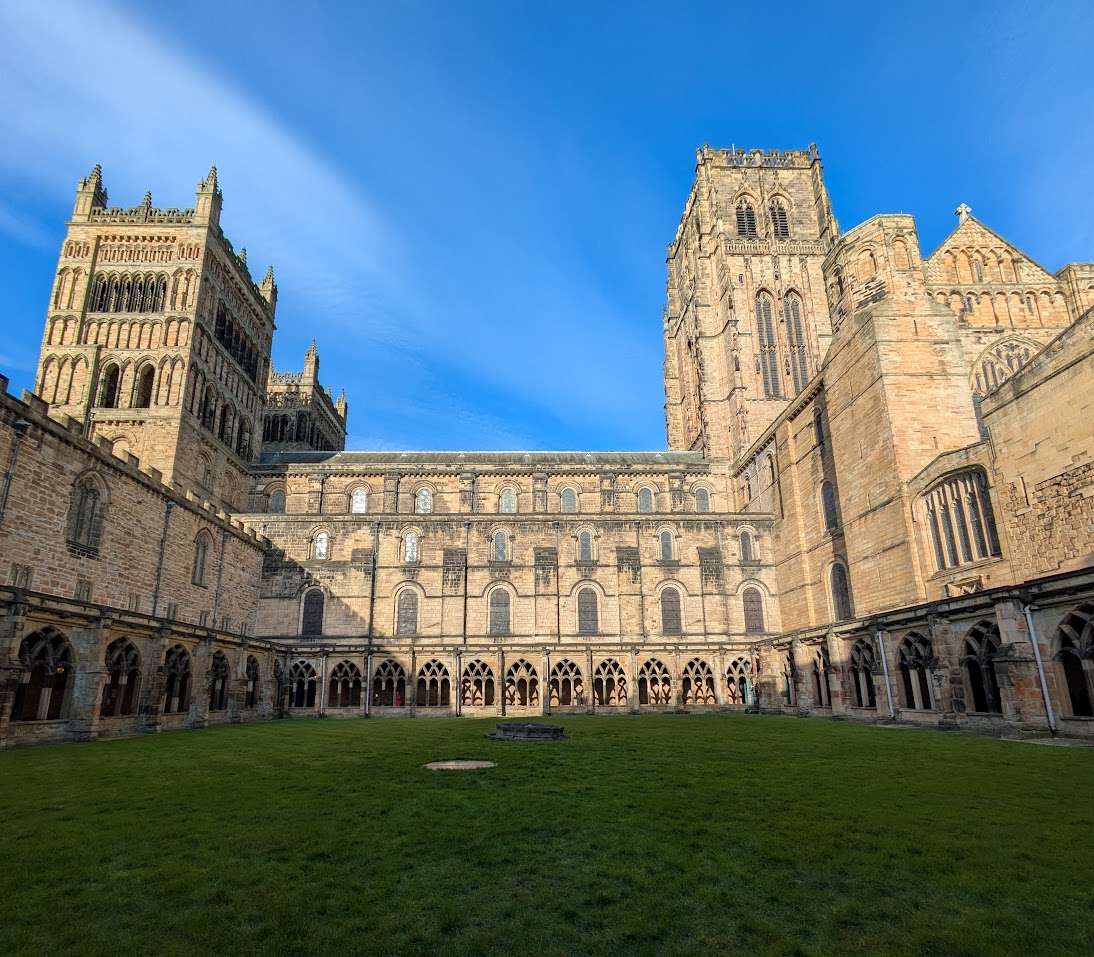
And so I discovered the English to be a confident people, if perhaps not always in the nation (and definitely not the government), then always firmly in themselves, to immediately start a conversation, connect and discuss whatever floats up to the surface, with whomever presents themselves. To poke fun where it hides, sure they’ll draw a laugh or at least a grin, a pint of black stout in one hand, far from empty, nonetheless with the other signalling to the waiter for a refill.
